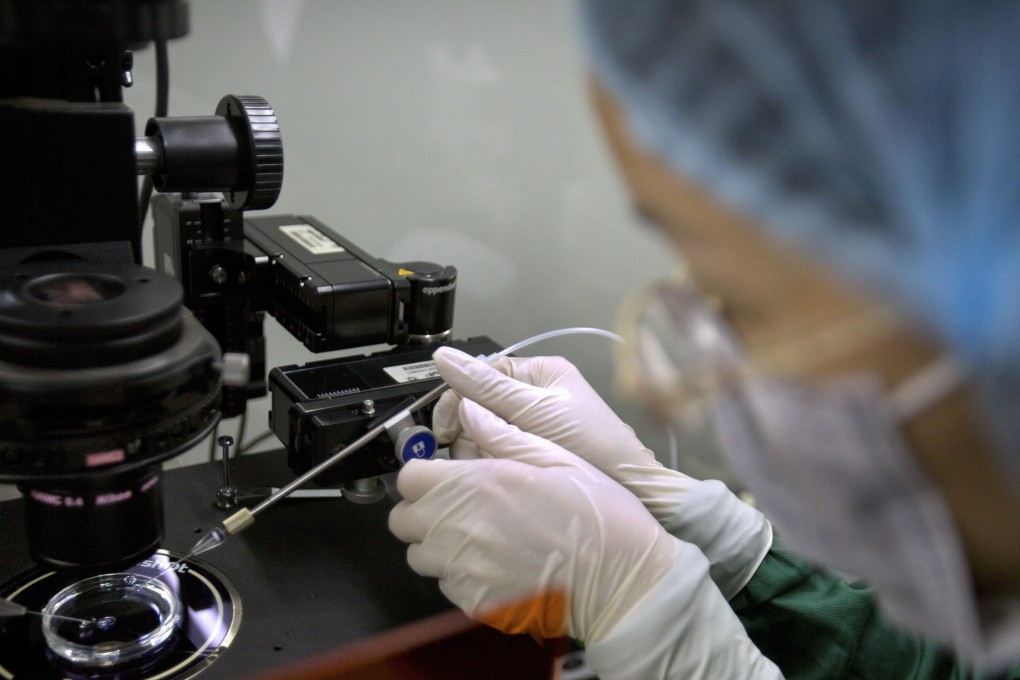China drafts gene editing rules after ‘Frankenstein’ He Jiankui’s embryo experiments
- Such technologies could be classed as high-risk and placed under the authority of the country’s State Council
- It was claimed Chinese scientist He had altered the DNA of twin girls born in November, provoking ethical concerns

China has unveiled draft regulations on gene editing and other potentially risky new biomedical technologies after a Chinese scientist’s claim of helping to create gene-edited babies upset the global science community.
Under the proposed measures, released on Tuesday, technology involving gene editing, gene transfer and gene regulation would be categorised as “high-risk” and placed under the authority of the State Council, China’s cabinet.
The draft measures follow claims in November from scientist He Jiankui that he had altered the DNA of twin girls born that month using a powerful new tool. The technology, called CRISPR-Cas9, makes it possible to operate on DNA to supply a desired gene or disable one that was causing problems.
The revelation that it may have been used to conceive children elicited widespread outcry over the procedure’s ethical implications.
Gene editing for reproductive purposes is effectively banned in the United States and most of Europe. In China, ministerial guidelines prohibit research on embryos that “violates ethical or moral principles”. Ethical guidelines published in 2003 say gene editing is permitted for research purposes, but that the experimental embryo cannot be nurtured for more than 14 days.
